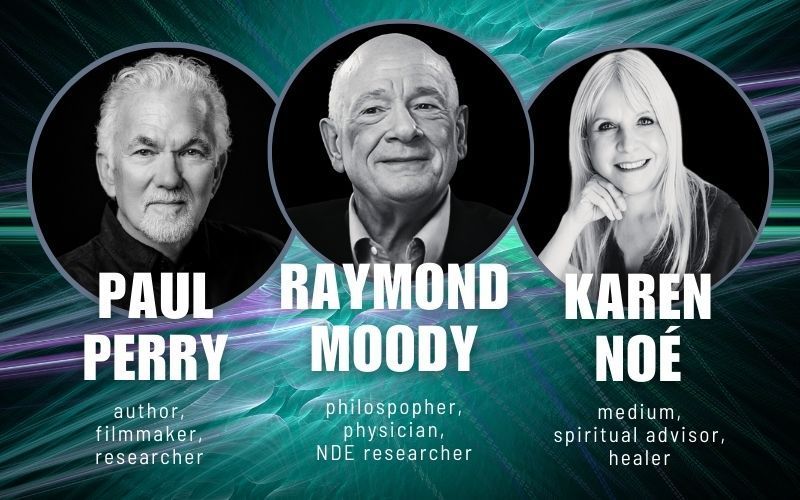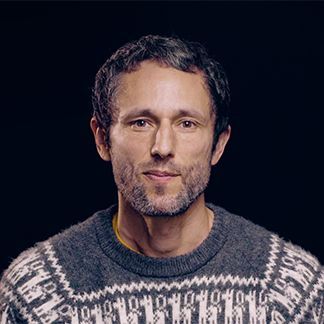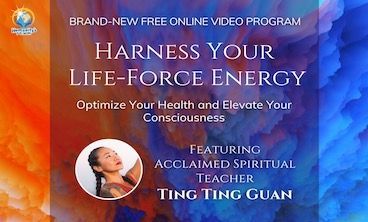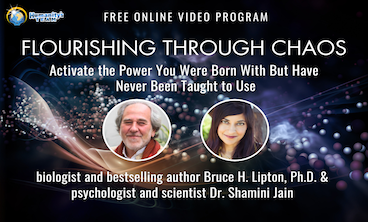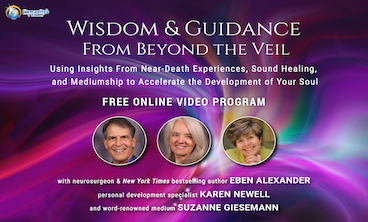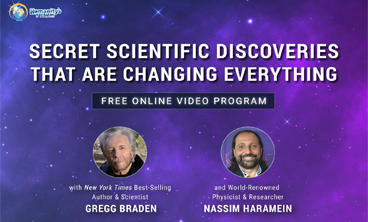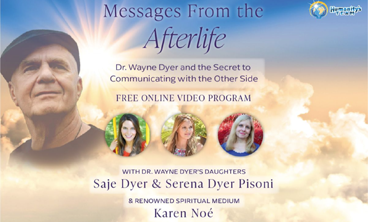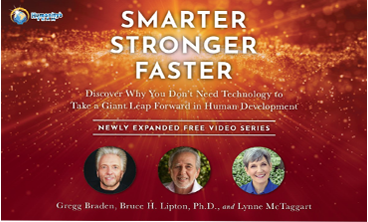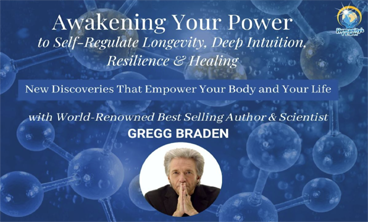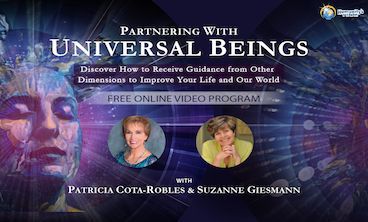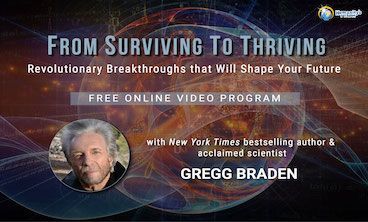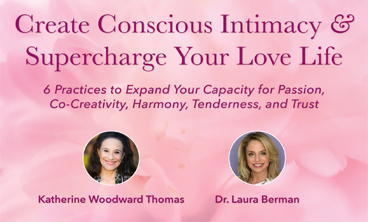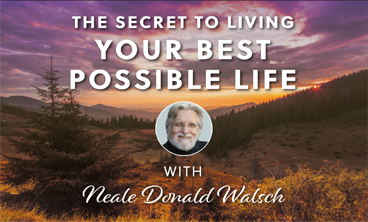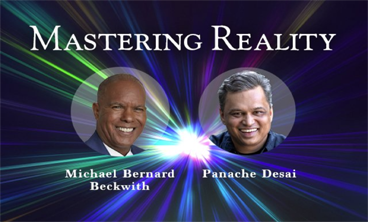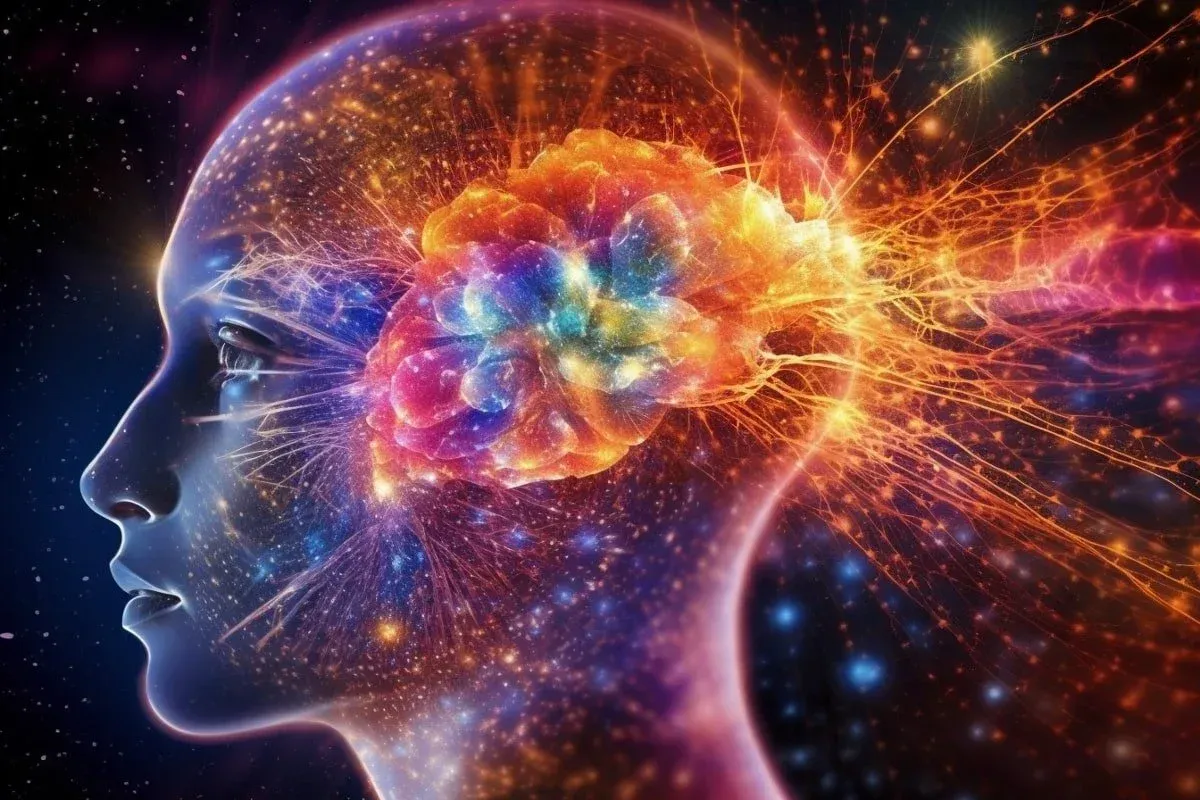
Demystifying Consciousness: Unraveling the Profound Mysteries of the Mind
Consciousness, an age-old enigma, lies at the heart of human existence. In this exploration, we embark on a journey to fathom the captivating realm of consciousness, delving deep into its mysteries while raising thought-provoking questions that stretch the boundaries of our understanding.
What is Consciousness?
At its core, consciousness is our awareness—the subjective experience that forms our perception of reality. It's the inner space where our thoughts, emotions, and sensory perceptions come together to create our unique view of the world. However, defining consciousness is a formidable challenge. While it is our most intimate and fundamental experience, it resists easy categorization. Some describe it as a stream of subjective experiences, while others emphasize self-awareness and introspection. Philosophers and scientists have proposed various definitions, each capturing different facets of this complex phenomenon.
Moreover, consciousness may transcend linguistic and cultural boundaries, prompting us to contemplate whether it possesses universal qualities that exist beyond our words and concepts. In essence, while we can describe consciousness as our awareness and explore its neural underpinnings, the question of its ultimate nature remains a captivating philosophical and scientific mystery, challenging us to delve deeper into the crux of our existence.
How Does Consciousness Work?
The mechanics of consciousness have eluded scientists and philosophers for centuries. As we seek to fathom how consciousness operates, we journey into the intricate symphony of neurons within the brain. How do these neural processes give rise to the kaleidoscope of thoughts, emotions, and perceptions that make up our awareness? Neuroscience has made significant strides in understanding the neural correlates of consciousness. Researchers have identified brain regions associated with specific aspects of consciousness, such as the role of the prefrontal cortex in self-awareness and the function the thalamus provides in processing sensory information. Yet, the precise mechanisms by which neural activity generates subjective experiences remain a subject of ongoing research and debate.
This exploration leads us to consider the possibility of consciousness existing independently of the brain. Some philosophical perspectives propose that consciousness might have a non-physical or metaphysical dimension, transcending the confines of neural processes. Exploring this avenue invites us to consider the existence of consciousness in realms beyond our current scientific comprehension. In essence, while our current scientific knowledge suggests a close relationship between the brain and consciousness, the ultimate nature of this connection continues to intrigue philosophers and scientists alike. The interplay between neural processes and subjective experience prompts us to question whether the brain is the sole producer of consciousness or whether there are deeper dimensions awaiting exploration.
Can Consciousness Be Defined?
Defining consciousness is akin to grasping a fleeting dream—it slips through our fingers as we attempt to maintain our grip of it. Its multifaceted nature challenges conventional categorization. Some describe consciousness as a stream of subjective experiences, while others emphasize self-awareness and the capacity for introspection. Philosophers and scientists have proposed various definitions, each capturing different facets of this complex phenomenon. In the realm of philosophy, discussions about the "qualia" of consciousness—those subjective, ineffable qualities of experience—highlight the challenges of definition. Can we truly convey what it's like to see the color red or taste chocolate to someone who has never experienced these sensations? These questions underscore the difficulty of encapsulating consciousness in words. Moreover, cross-cultural and historical perspectives reveal that the concept of consciousness can vary widely. Some cultures may emphasize interconnectedness and collective consciousness, while others focus on individual self-awareness.
This diversity prompts us to question whether consciousness is a universal concept or one that takes on different forms and meanings across societies. As we navigate these complexities, we find ourselves not only exploring the nature of consciousness but also contemplating the limitations of human language and understanding. The elusive nature of consciousness invites us to ponder whether it transcends linguistic and cultural boundaries, offering a glimpse into the profound mysteries of human existence.
Is Consciousness a Product of the Brain?
The relationship between consciousness and the brain lies at the heart of our philosophical inquiry. Does the brain generate consciousness, acting as a mere conduit, or is it merely an instrument through which a universal consciousness manifests? Can we discern the true nature of this intricate connection? In the realm of neuroscience, many theories propose that consciousness arises from the intricate dance of neurons and their interactions. These theories suggest that our thoughts and emotions generate consciousness as a byproduct of their interactions. Others suggest that consciousness precedes the mind, acting as a canvas upon which the mind's activities unfold. This exploration leads us to consider the nature of self-awareness—the ability to introspect and recognize one's own thoughts and feelings.
How does the mind give rise to self-awareness, and how does this self-awareness influence our perception of the world? The intricate interplay between the mind and consciousness challenges us to unravel the mysteries of our inner world. To put it plainly, while our current scientific knowledge suggests a close relationship between the brain and consciousness, the ultimate nature of this connection continues to intrigue philosophers and scientists alike. The interplay between neural processes and subjective experience prompts us to question whether the brain is the sole producer of consciousness or whether there are deeper dimensions awaiting exploration.
What is the Relationship Between Consciousness and the Mind?
The mind and consciousness dance in a delicate interplay, their connection deep and intricate. As thoughts, emotions, and memories unfurl within the mind's canvas, how does this symbiotic relationship shape our perception of the world? Can we distinguish the boundaries between the mind's creations and the consciousness that witnesses them? To grasp this relationship, we must first distinguish between the mind and consciousness. The mind encompasses cognitive processes such as thinking, reasoning, and memory. It serves as the stage upon which the theater of consciousness unfolds—where our thoughts, emotions, and memories come to life. Consciousness, on the other hand, is the observer. It is the subjective experiencer of the mind's creations. It is also the awareness that illuminates our thoughts, emotions, and sensory perceptions. When we contemplate the relationship between the two, we are met with profound questions: does the mind create consciousness, or is consciousness a fundamental aspect of the mind?
Philosophical perspectives on this matter vary. Some propose that consciousness is an emergent property of the mind's intricate neural processes. According to this view, our thoughts and emotions generate consciousness as a byproduct of their interactions. Others suggest that consciousness precedes the mind, acting as a canvas upon which the mind's activities unfold. This exploration leads us to consider the nature of self-awareness—the ability to introspect and recognize one's own thoughts and feelings. How does the mind give rise to self-awareness, and how does this self-awareness influence our perception of the world? The intricate interplay between the mind and consciousness challenges us to unravel the mysteries of our inner world.
Are Animals Conscious?
The question of animal consciousness raises intriguing possibilities. Studies from ethology, neuroscience, and behavioral research indicate that many animals exhibit signs of consciousness. They display behaviors suggesting emotional experiences, problem-solving abilities, and social interactions that hint at conscious awareness. However, the complexity of animal consciousness varies across species. The ethical implications of this inquiry urge us to reconsider our treatment of animals, emphasizing their well-being, capacity for suffering, and right to life. This exploration also prompts us to ponder whether there are shared elements in the consciousness of humans and animals or if their experiences differ qualitatively. Acknowledging animal consciousness invites us to expand our understanding of sentience and our responsibility as stewards of the natural world.
Can Artificial Intelligence Be Conscious?
The emergence of artificial intelligence (AI) raises profound questions about machine consciousness. While narrow AI systems excel in specific tasks, they lack self-awareness or consciousness akin to humans. Achieving genuine consciousness in AI remains uncertain and subject to debate. Philosophical perspectives on AI consciousness differ, with some arguing that complexity and information processing may lead to conscious-like entities, while others maintain that true consciousness transcends algorithms. This exploration delves into the ethical considerations surrounding AI beings, challenging us to navigate the intersection of technology, ethics, and the nature of consciousness itself.
Can Consciousness Exist Without a Physical Body?
The concept of consciousness beyond the physical body delves into metaphysical and spiritual dimensions. While science predominantly focuses on consciousness as a product of neural processes, various philosophical and spiritual traditions propose disembodied consciousness. Some belief systems posit consciousness as a cosmic force, suggesting it persists beyond individual bodies, even after physical death. Near-death experiences (NDEs) provide intriguing accounts of conscious awareness during clinical death, sparking contemplation about the separation of consciousness from the body. This invites us to ponder the fundamental nature of reality and the potential interconnectedness of all conscious beings.
What is the Purpose of Consciousness?
Exploring the purpose of consciousness unveils a multifaceted landscape. From a biological perspective, consciousness may enhance survival and problem-solving abilities. Philosophical viewpoints vary, with some proposing that consciousness participates in the creation and exploration of reality, while others consider it a byproduct of evolution. This also leads us to reflect on the interconnectedness of consciousness and whether it extends beyond individual existence. The purpose of consciousness invites us to contemplate its significance in the universe's grand scheme and the mysteries of existence.
How Does Meditation Affect Consciousness?
Meditation provides a gateway to examine the malleability of consciousness. Rooted in various traditions, meditation aims to train the mind, cultivate attention, and deepen awareness. Scientific research highlights its impact on brain activity, cognitive functions, and emotional regulation. Altered states of consciousness during meditation challenge our understanding, suggesting consciousness is more flexible than previously believed. This exploration also extends to the collective effects of group meditation practices, prompting consideration of interconnected consciousness and societal well-being. The study of meditation encourages us to explore self-awareness, unlock uncharted territories of the mind, and harness its transformative potential.
Can Consciousness Be Altered by Drugs or Substances?
The exploration of altered consciousness through drugs and substances encompasses profound experiences and ethical dilemmas. Substances like psychedelics and hallucinogens can significantly modify perception, cognition, and self-awareness. They induce effects such as visual hallucinations, time distortion, intensified emotions, and deep introspection. While some researchers investigate their therapeutic potential, concerns regarding safety, legality, and responsible use challenge us to navigate the fine line between expanding awareness and the risks involved. The historical context of ritualistic and shamanic practices involving these substances adds depth to this exploration.
Are There Different Levels or States of Consciousness?
Human consciousness unfolds through a spectrum of states, each offering unique insights. Our waking state engages with external reality and logical reasoning, while dreams immerse us in surreal experiences. Meditation unlocks altered states characterized by heightened awareness, altered time perception, and transformative inner experiences. Mind-altering substances introduce distinct altered states, enhancing sensory perception and thought patterns. Additionally, transcendent states, often pursued through spiritual practices, lead to profound shifts in self-awareness and reality perception. This journey through various states raises questions about neurological mechanisms, cultural influences, and the potential for a unified theory of consciousness.
What is the Hard Problem of Consciousness?
The "hard problem of consciousness" probes the mysterious connection between physical processes and subjective experiences. Philosopher David Chalmers introduced this concept, distinguishing between "easy problems" (related to cognitive functions) and the "hard problem" (concerning the emergence of conscious experiences from neural activity). Qualia, the ineffable qualities of experience, add complexity to the puzzle, questioning whether consciousness transcends physical explanations. This exploration leads us to contemplate metaphysical dimensions, the philosophy of mind, and the nature of reality.
What Are the Theories of Consciousness?
Diverse theories of consciousness shape our understanding of this complex phenomenon. Dualism posits a non-physical mind distinct from the body, while materialism asserts consciousness emerges from brain processes. Panpsychism suggests consciousness is a universal property. These theories offer unique perspectives and challenge us to reconcile their differences. Exploring these philosophical stances deepens our grasp of consciousness and its implications for the nature of existence.
Can Consciousness Be Measured or Studied Scientifically?
Measuring consciousness, an inherently subjective process, presents challenges to scientific inquiry. Neuroimaging and behavioral experiments offer insights into neural correlates and behavioral manifestations. However, the gap between objective measurements and the richness of subjective experience persists. Altered states of consciousness, such as those induced by meditation or substances, further complicate the study. Bridging the divide between objective and subjective aspects of consciousness remains a key challenge, raising questions about the potential for a unified scientific theory.
Are Near-Death Experiences Evidence of Consciousness Beyond Death?
Near-death experiences (NDEs) offer intriguing glimpses into the persistence of consciousness beyond death's threshold. These vivid and transformative encounters during life-threatening situations include elements like leaving the body and encountering deceased loved ones. Skeptics attribute NDEs to physiological and psychological factors, while proponents of the survival hypothesis propose a metaphysical dimension. The debate surrounding NDEs prompts contemplation of consciousness, the mind-body relationship, and the enigmas of life and death.
How Does Consciousness Develop in Humans?
The development of human consciousness evolves from infancy through childhood and adolescence, shaped by genetics, environment, and experience. In infancy, sensory experiences and interactions form the foundation of self-awareness. Childhood brings enhanced cognitive abilities and language, enabling more complex consciousness. Adolescence marks a critical stage of identity formation and introspection. Key questions revolve around the roles of genetics and environment, language's influence, cultural impacts, adolescent exploration, and the collective understanding of human consciousness across lifespans.
Is Consciousness a Result of Evolution?
Consciousness's evolution suggests it offers adaptive advantages for survival and decision-making. Comparative psychology explores consciousness in animals, challenging our understanding of its continuity across species. Examining human evolution reveals cognitive advancements and cultural influences that shape consciousness. The debate on panpsychism and the "hard problem" intersects with evolutionary theories. Questions arise regarding the precursors of human consciousness in other animals, the role of cultural evolution, and the impact of consciousness on our collective human journey.
Can Consciousness Be Transferred or Uploaded to a Computer?
The concept of transferring human consciousness to digital systems sparks debates on identity, selfhood, and existence beyond biology. The boundary between artificial and human consciousness blurs as we explore the potential for machines to exhibit self-awareness. Ethical dilemmas emerge concerning consent, privacy, and societal implications. Key inquiries involve the nature of consciousness in artificial systems, preserving individuality, addressing ethical concerns, and the societal impact of artificial consciousness.
In addition to the ethical considerations, the exploration of transferring consciousness to digital substrates prompts us to contemplate the profound implications for the nature of existence itself. It challenges fundamental notions of what it means to be conscious and raises existential questions about the continuity of identity in a realm beyond biological constraints. As we delve into this frontier, we are compelled to grapple not only with the practical and ethical aspects but also with the profound philosophical and metaphysical dimensions that such an endeavor entails.
Can We Ever Truly Understand Consciousness?
The quest to understand consciousness confronts inherent limits to human comprehension. Scientists seek a unified theory of consciousness, while interdisciplinary efforts bridge diverse fields. Technology and philosophy play vital roles in this endeavor. Questions revolve around the boundaries of human understanding, the pursuit of a unified theory, interdisciplinary collaboration, technology's impact, and the philosophical exploration of consciousness. Ultimately, the mysteries of consciousness invite ongoing exploration, enriching human experience while acknowledging the profound depth of the enigma within us all.
Consciousness, a philosophical labyrinth of wonder and complexity, continues to beguile human inquiry. Our journey through these profound questions serves as an invitation to embark on a lifelong philosophical odyssey. While ultimate answers may elude us, our quest for understanding enriches our human experience and brings us closer to the enigma of consciousness that resides within us all.
As we contemplate the mysteries of consciousness, we embrace the spirit of exploration and the humility of knowing that there may always be more to discover. Our collective curiosity fuels the ongoing quest to illuminate the depths of our own awareness, offering the promise of greater insights, deeper connections, and a more profound appreciation of the enigma that is consciousness.
Share this post!
LATEST BLOGS
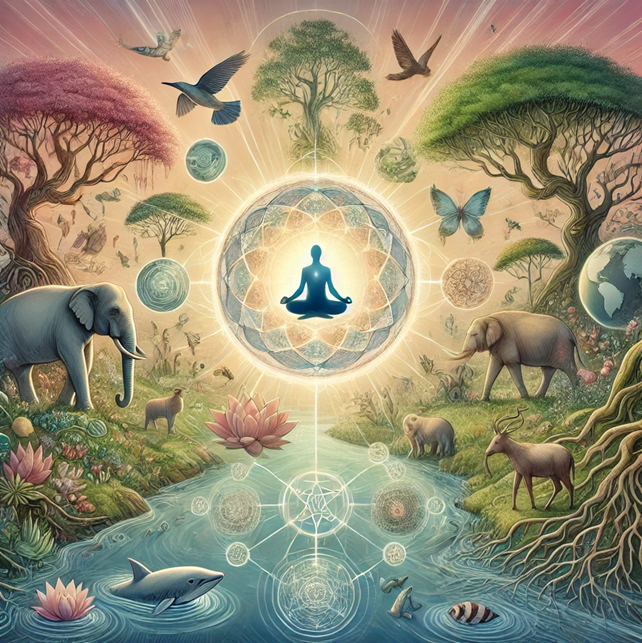


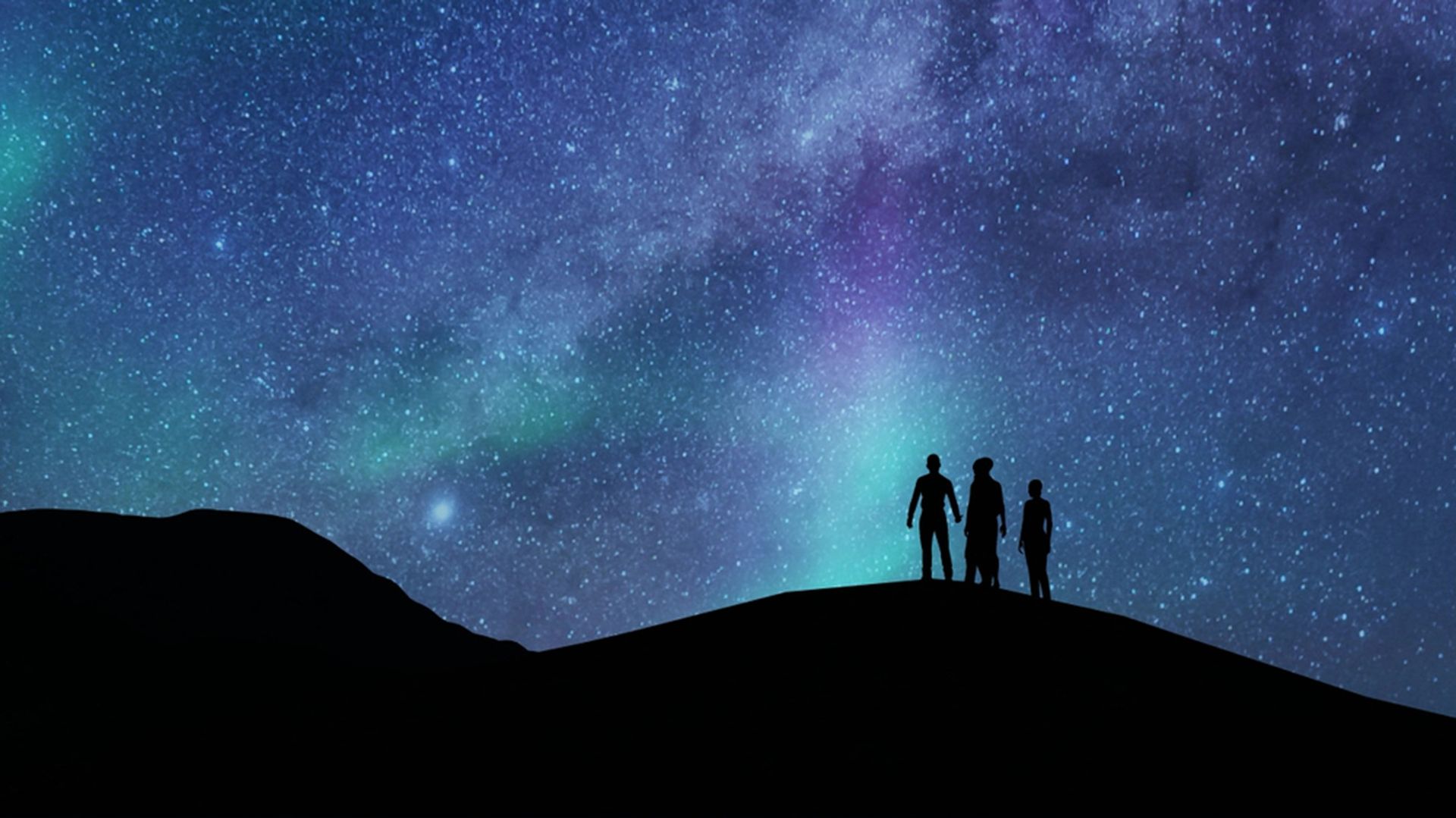
FREE PROGRAMS
LISTEN TO ONE OF OUR RECENT PODCASTS
Sign up now so you never miss a blog post, podcast,
or free event with Humanity's Team!


